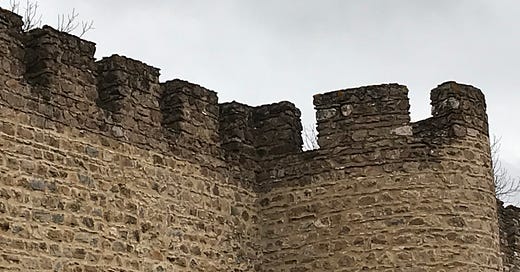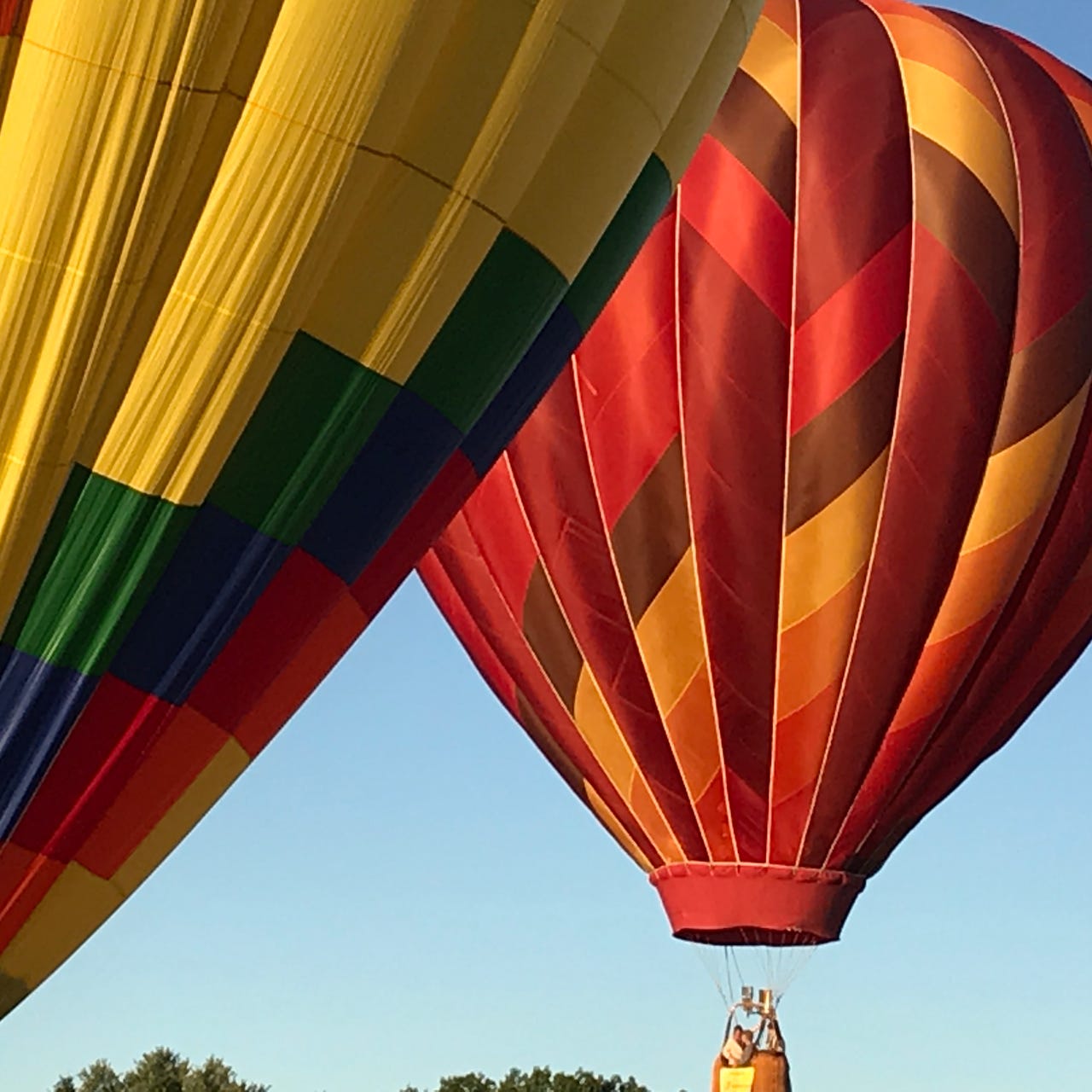There were two interests I shared with my mother. One was baking. She made brownies and tollhouse cookies, sometimes a yellow cake with dark chocolate icing. All these confections were delicious, but more than that they were opportunities to be with her, flour on my nose, mixing and sifting and most of all licking the raw dough off my finger after the sweets were in the oven and the bowl belonged to me. Creaming the white and brown sugars into the softened butter was hard work for a little girl, but the rewards were great. I sat at the formica table and applied myself to the task, to our collaboration, my mother and me. The second activity, if anything more dreamy and more delicious, was serving as her pedicurist. Here, I sat on the ottoman at the end of the chaise and massaged her feet with the ubiquitous Ponds. Then, I pushed back her cuticles with an orange stick. There was no nail polish, partly because I would have made a mess of it, but also because she thought painted nails were trashy. She had her share of hauteur, my mother.
Most days, there was no warm kitchen, no dainty size five feet. At some point, a frost formed in the space between us that kept us at arms length. I did not know if it dated from the day she brought me home from the hospital or whether it developed over time. I did not know what I was missing. Really, I had no idea. You don’t know about touching if you haven’t been touched. There was no hitting, no yelling in our house. Only sins of omission. No hugging, no comfort in times of trouble, and these lapses in affection defined the thinness of the air I breathed back to the days when my head was covered in ringlets. I was accompanied at all times by an icy wind blowing off the Hudson on a day in February in the ‘50s, walking home from Riverside Park barelegged in a cloth coat.
Everywhere I look, I feel its effect still. There’s my insomnia, a clever maneuver I used to get her to come to me which she eventually would, the heat and smell of her seeping into my little girl bed. There’s a kind of agoraphobia that comes over me in drafty, cavernous buildings. Museums, churches, places made of stone. And there’s my not knowing the rules of how to get along with other women, as if some basic system had not been explained and I couldn’t figure out how to proceed in the absence of mah jong tiles. She was not a bad mother. Merely inadequate, passing along the half-digested lessons of her own girlhood in Harlem during the First World War.
They, my parents, had a large circle of friends, some with children of their own. Every year over the New Year’s weekend, an entire phalanx of Balkan Jews would travel in a caravan of Packards and Plymouths to one of several small, family-owned hotels in the mountains they would commandeer for the holiday. I was one of four girls who would share a room toasty with steam rising from vents in the floor. Jeannie and Barbara were twelve. Joyce was ten and I was nine. Once a year for four days, I had girlfriends. Mainly, we laughed. We laughed until milk shot out of our ears. These girls, especially Barbara who had a wicked sense of humor and no taste for the conventional, accepted me and made no mention of my nine-year-oldness.
Some days, after too many portions of mashed potatoes drenched in pot roast gravy, the adults would announce a group walk down the road. I went ahead with my friends while the big people trailed behind. After a while, their hands started to get cold and their feet started to act up and they decided to head back to the hotel. But Jeannie, Barbara and Joyce kept going, and I, of course, wanted to go with them. My father, who has so far been a shadowy figure in this story, stepped up and told me I could not go with the older girls. I screamed in outrage and disbelief. I may have stamped my foot, knowing that I didn’t belong anywhere. Not among the pinochle players and not among the gigglers. My father, on the whole a decent person, bent down and picked up a large branch that had fallen on the road. I walked with him and the big stick back to the small hotel. There was no hitting and no yelling. Only the ice outlining the trees on the road we walked without exchanging a word.
Copies of my 2019 essay collection, Twilight Time:Aging in Amazement, are available directly from me (signed) or from Amazon or your local bookseller.






Touched me deeply. Ahhh… what we remember, what we forget.
A courageous, beautiful, deeply honest essay. Thank you, Susie.